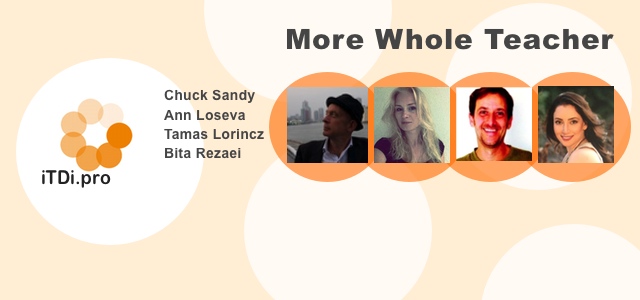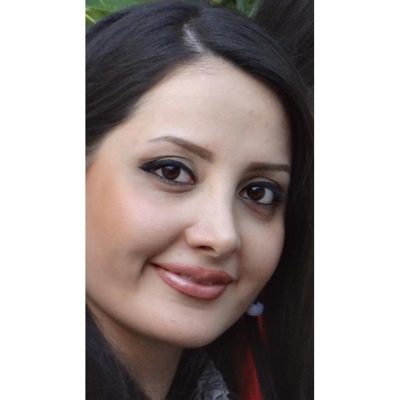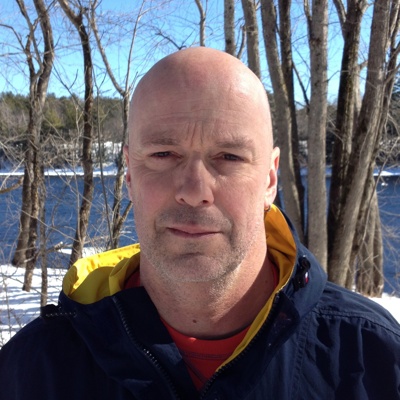
Training the whole teacher – Bita Rezaei
“The highest function of education is to bring about an integrated individual who is capable of dealing with life as a whole.” Krishnamurti
Great teachers love their jobs and it shows. They never give anyone any doubt as to why they went into teaching. They inspire, ignite, and instill knowledge to the learners. Yet in cynical times, they know where to make a stand and when to choose their battles. They manage to deal with frustrated learners, clueless administrative, pushy parents and many others with grace and dignity. While a lot has been said about the qualities of a great teacher, I haven’t found much on how they can be trained (or made).
Teacher education programs have struggled for years to identify what makes a great teacher and above that, what helps them survive in tough times. I have been a teacher trainer for a while and have always been intrigued by the well-designed syllabus of many pre- service courses and on-job trainings aiming at sharpening teachers’ skills and increasing their knowledge (catering for teachers’ academic needs), have been surprised about how little is being done on teachers’ attitude towards the profession and the required life skills for the field (catering for teachers’ social/emotional needs).
And let’s face it, where does that leave us? To having knowledgeable teachers who ‘know-it-all’? Or to have skillful teachers who care more about their teaching than their students’ learning? In my humble opinion, all of that knowledge and skill needed for becoming a teacher are as nothing if they do not pass through the filter of a sensitive and aware of self personality which is ready to deal with life as a whole.
While investigating the factors influencing personality and whether it can change remains a question, I believe great teachers are those who have mastered life skills as well as classroom skills and it would be far from reality to train the whole teacher without considering that.
I’ve been privileged to meet many great teachers over the years. They all seem to share similar traits, and yet all are distinguished individuals. They are invigorated, energized and carry themselves with greatness. Here, a few of those traits I think great teachers possess and while the list is far from inclusive, mastering them paves the way towards becoming a great teacher:
Positive thinking and goal setting
“Keep your thoughts positive because your thoughts become your words. Keep your words positive because your words become your behavior. Keep your behavior positive because your behavior becomes your habits. Keep your habits positive because your habits become your values. Keep your values positive because your values become your destiny.” Gandhi
Great teachers maintain a positive attitude and have plans. They know that excellence is not an act but a habit and surround themselves with positive thoughts, and anticipate -and voluntarily admit- anything conducive to positive results. From simple tasks like asking your trainee teachers to recall a troublemaking student from their class and list 5 good things about him to encouraging the use of portfolios and reflective journals to record their achievements as a teacher occasionally, we can help teachers cultivate positive thinking both inside and outside their classroom. They could be trained on the importance of setting realistic goals and moving towards them as a way to keep themselves motivated. They could also be guided to surround themselves with people who they love and get love back from multiplied.
Effective communication and interpersonal relationships skills
“Communication is a skill that you can learn. It’s like riding a bicycle or typing. If you’re willing to work at it, you can rapidly improve the quality of every part of your life by simply changing your words.” Brian Tracy
Great teachers have very good interpersonal skills and this facilitates good communication. They smile, listen attentively, make an effort to get along with others and show they care. Great teachers create a respectful place where people feel safe to share their thoughts without a fear of judgment and have an unwavering moral drive to make life better for those around them. Simple techniques like learning learners’ first names, showing genuine interest in what they do and listening attentively to them while being aware of tone of voice and body language can make a huge difference in the success of a teacher. However, we must not forget that it’s not only the learners that we need to communicate with effectively. It is also parents, colleagues and supervisors. That’s why spending a few hours training on developing effective communication and interpersonal skills can really make a difference — especially for newly qualified teachers.
Coping with emotions and stress
“Being in control of your life and having realistic expectations about your day-to-day challenges are the keys to stress management, which is perhaps the most important ingredient to living a happy, healthy and rewarding life.” Marilu Henner
Great teachers have a passion for what they do and to keep the flames burning, they find ways to achieve better life-work balance. They sort out their priorities, know what to accept and what to politely reject and steer clear of gossip. They also talk to people they trust about a particular situation or issue they are concerned with. Our brain is like a bank; withdraw too much from it without making a deposit and we will feel a deficit. Our body will tell us we are stressed. Since teaching is in fact a very stressful job, we need to raise teachers’ awareness on how to cope with it before putting them at the risk of burning out. Advice on how to eating regularly, drink enough and exercise as well as having some “me time”, living in the moment and seeking help when necessary should be a part of the input we give teachers when we prepare them for the role. The more they know about it, the less in danger they are.
Problem solving and conflict resolution
“Whenever you’re in conflict with someone, there is one factor that can make the difference between damaging your relationship and deepening it. That factor is attitude.” William James
Great teachers know the importance of working cooperatively with others to pursue shared goals and assist and encourage others to achieve. In doing that, there are possible conflicts and disagreements which are viewed by great teachers as opportunities rather than threats. Case study sessions and regular teachers’ meetings could be a good opportunity for teachers to share their insights on the issues, discuss their thoughts on the matter and justify their decisions. Through this training, teachers learn to work cooperatively with others, respect different ideas, avoid sarcasm and bad manners, encourage mutual respect and stay on top of their game.
Moving from being good to outstanding does take time and a lot of effort, but good training, helpful advice, and a willingness to learn go a long way to building up a teacher’s confidence. Many of us teach today because we are still inspired by the great teachers we have had in the past whose influence has not vanished in the light of many passing years. What we do today matters and it matters greatly. It’s time we train the whole teacher for only they can teach the whole learner.
Connect with Bita and other iTDi Associates, Mentors, and Faculty by joining iTDi Community. Sign Up For A Free iTDi Account to create your profile and get immediate access to our social forums and trial lessons from our English For Teachers and Teacher Development courses.













